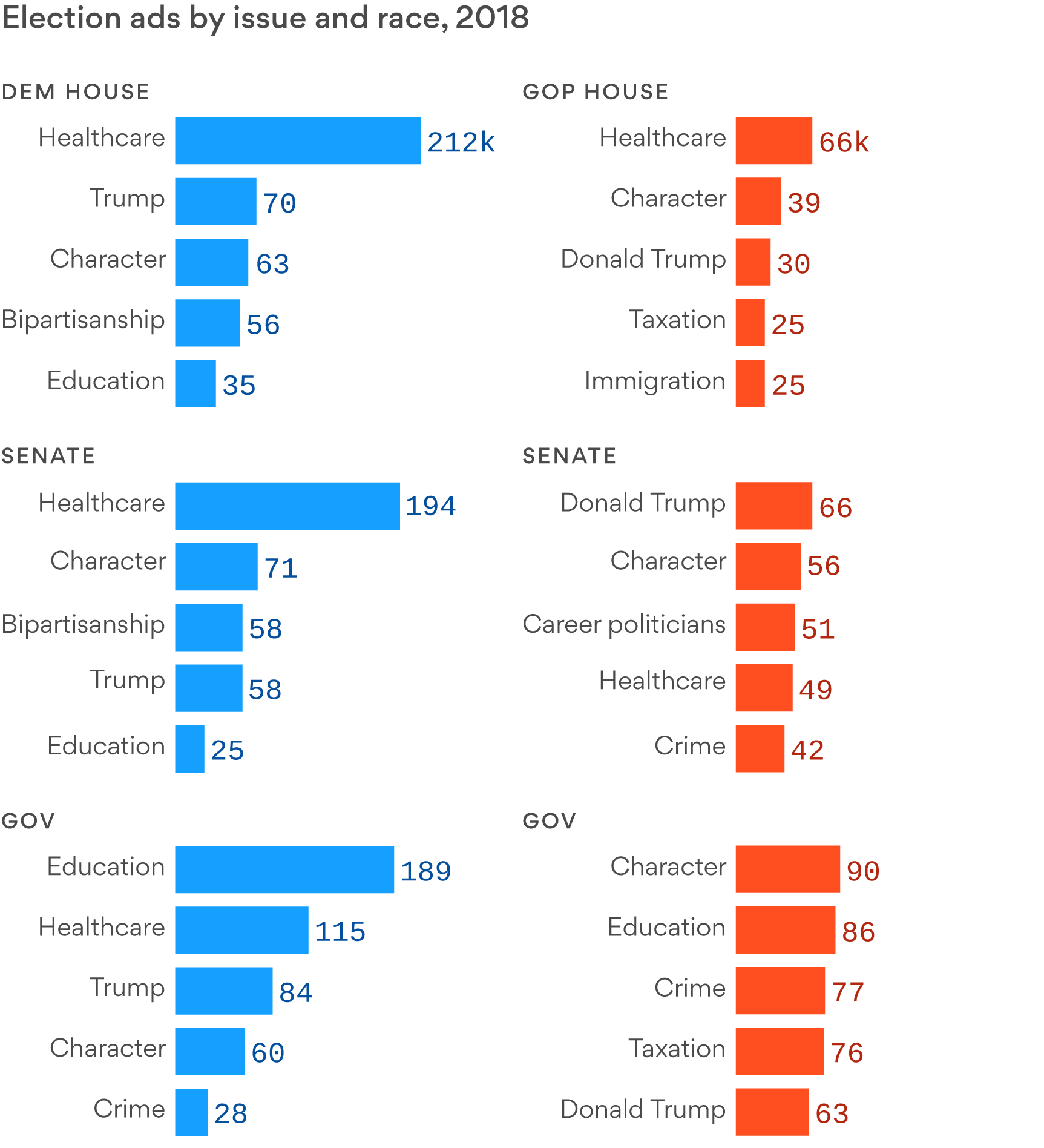Despite some small recent trends favoring Donald Trump, 2024 presidential polls remain stubbornly very close, both nationally (where Kamala Harris leads by 1.7 percent according to the FiveThirtyEight averages) and in the seven battleground states. Trump currently leads in Arizona, Georgia, North Carolina, and Pennsylvania, while Harris leads in Michigan and Wisconsin, per FiveThirtyEight, but no one leads in any battleground state by more than 2 percent.
Polls are not, of course, perfect by any means. So the big question right now is whether they are “off” in some systemic way that conceals the fact that one of the two candidates is really on track for a decisive win. As it happens, two iconic political-media gurus have weighed in on this question all but simultaneously, with neither professing to have a definitive answer.
Polling and forecast wizard Nate Silver (founder of FiveThirtyEight but now out on his own) has a New York Times op-ed that expresses a “gut” view that Trump has a small advantage, but nestles it in arguments that polling errors could go in either direction. He reminds us that state polls in 2016 and both national and state polls in 2020 underestimated Trump’s vote, and also notes an explanation that could again show an underestimation of that same vote:
“[T]he likely problem is what pollsters call nonresponse bias. It’s not that Trump voters are lying to pollsters; it’s that in 2016 and 2020, pollsters weren’t reaching enough of them.
“Nonresponse bias can be a hard problem to solve. Response rates to even the best telephone polls are in the single digits — in some sense, the people who choose to respond to polls are unusual. Trump supporters often have lower civic engagement and social trust, so they can be less inclined to complete a survey from a news organization. Pollsters are attempting to correct for this problem with increasingly aggressive data-massaging techniques, like weighing by educational attainment (college-educated voters are more likely to respond to surveys) or even by how people say they voted in the past. There’s no guarantee any of this will work.”
But Silver concedes it could work so well that polls are actually overestimating Trump’s vote:
“[T]he new techniques that pollsters are applying could be overkill. One problem with using one of those — “weighting on recalled vote,” or trying to account for how voters report their pick in the last election — is that people often misremember or misstate whom they voted for and are more likely to say they voted for the winner (in 2020, Mr. Biden).
“That could plausibly bias the polls against Ms. Harris because people who say they voted for Mr. Biden but actually voted for Mr. Trump will get flagged as new Trump voters when they aren’t.”
Meanwhile, MSNBC’s Steve Kornacki drills down into some comparisons of 2024 polls and the actual 2020 vote in key demographic categories and suggests there are signs the Trump vote is now being captured fully. In Michigan and Wisconsin, ground zero for 2020 polling errors based on underestimation of white working-class voters, Trump’s lead in that demographic is actually higher than his 2020 performance. So maybe the pollsters have successfully adjusted for past polling errors. Meanwhile, the Harris camp has grounds for suspecting her ultimate vote could be poorly reflected in the polls:
“From Harris’ standpoint, part of the hope now is that polling is undercounting her support with what have long been core Democratic constituencies: Black, Hispanic and young voters …
“The concern for Harris, obviously, is that her Hispanic support is far lower than Biden’s was, both in the 2020 polls and the final election results. But much of Trump’s new Hispanic support comes from younger voters who have not participated at high levels in past elections. If these voters end up sitting on the sidelines in this election, Harris could end up faring much better with Hispanics than the polling now shows. It’s also somewhat encouraging for her that Biden performed better in the election with Black voters than polling had suggested. Harris will need this to happen again.”
There’s a reason Team Trump is devoting much of its get-out-the-vote strategy to low-propensity voters. If he doesn’t reach and motivate them, he could underperform compared to polls showing him making gains among Black, Hispanic, and first-time voters.
If the polls are wrong, it could again be good news for Trump or instead good news for Harris. We just don’t know right now, even though many fearful Democrats and triumphalist Republicans share Nate Silver’s “gut” feeling that the 45th president wins all ties.




